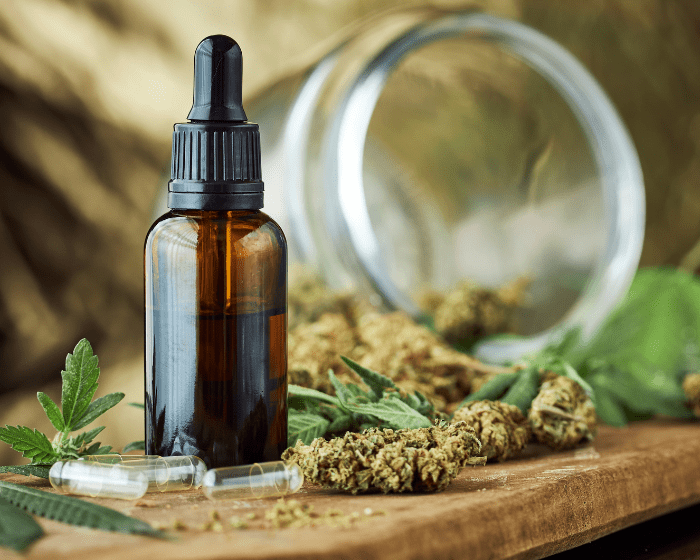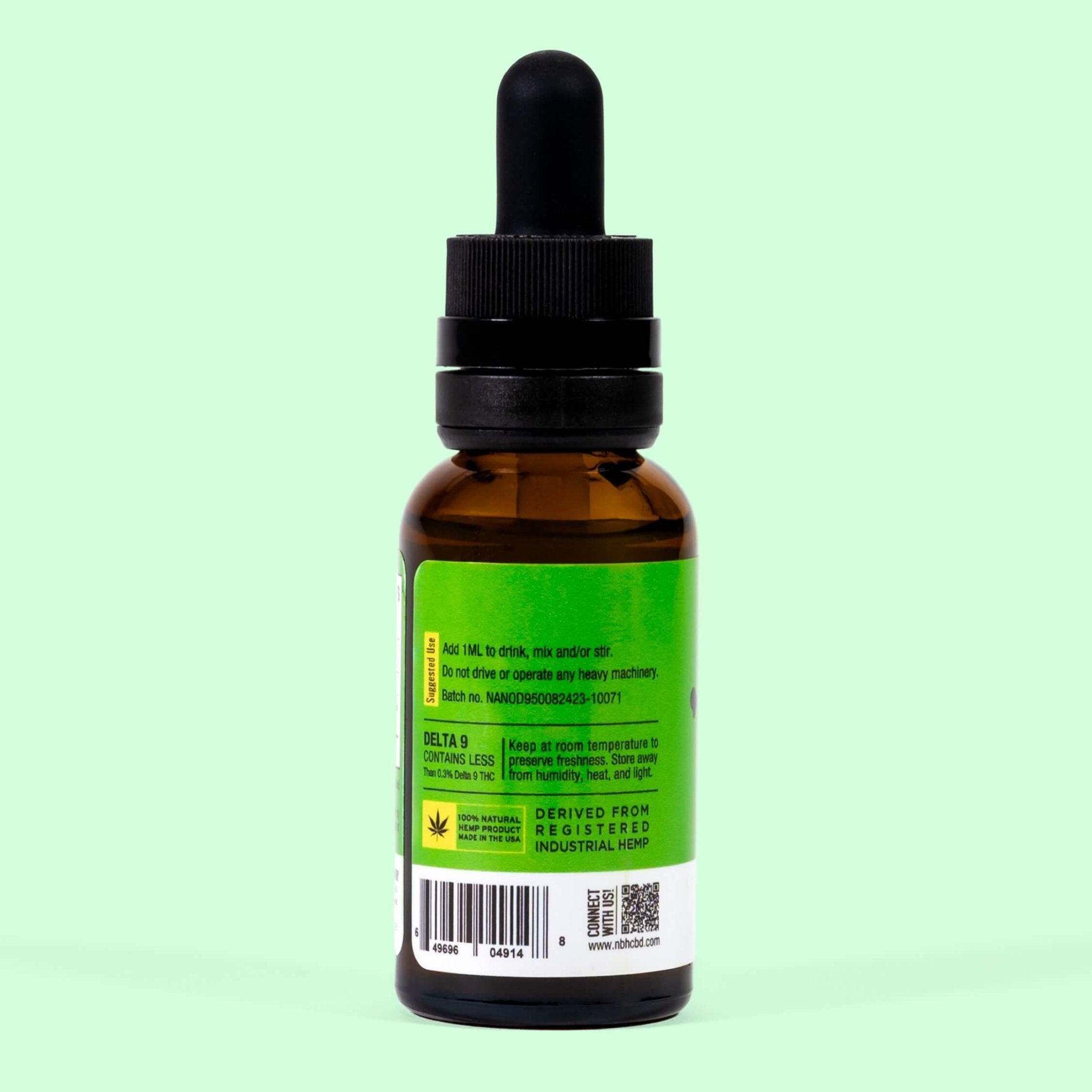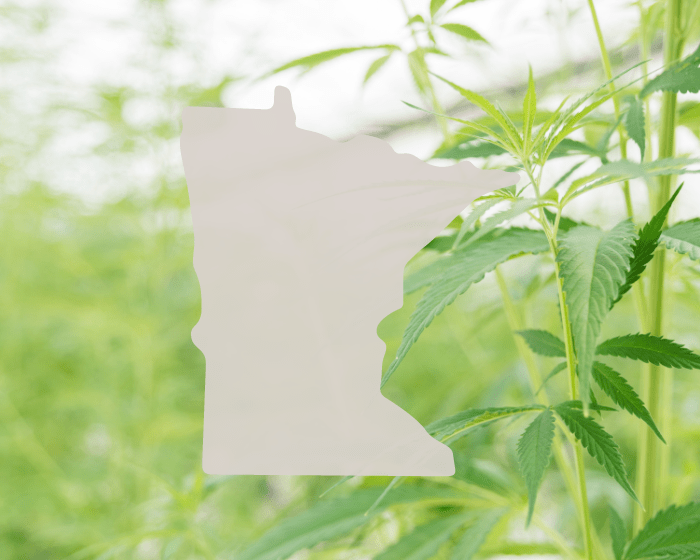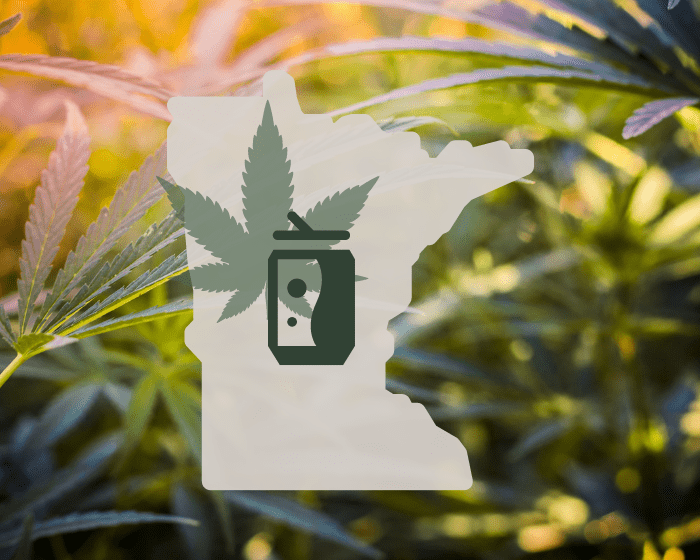
In spite of efforts to isolate and separate CBD and THC — and their effects — recent research suggests that the two are simply better together.
In fact, the more cannabinoids and terpenes, the better. Here’s why.
THC Brings Most of the Therapeutic Effects
In spite of a widespread belief that THC is primarily sought after for its psychotropic effect (“Medical use? Likely story.”), research has suggested that it’s responsible for most of cannabis’s therapeutic effects.
A 2019 study of real-world cannabis use found that THC was generally associated with greater symptom relief and a more intense experience of side effects, whether positive or negative.
"Despite the conventional wisdom, both in the popular press and much of the scientific community that only CBD has medical benefits while THC merely makes one high, our results suggest that THC may be more important than CBD in generating therapeutic benefits,” said one of the study’s researchers, Jacob Miguel Vigil, associate professor in the University of New Mexico’s psychology department.
”Despite the conventional wisdom, both in the popular press and much of the scientific community that only CBD has medical benefits while THC merely makes one high, our results suggest that THC may be more important than CBD in generating therapeutic benefits.”
— Jacob Miguel Vigil, Associate Professor, University of New Mexico Department of Psychology
CBD Tames THC
A historical study of cannabis use found that nonintoxicating cannabinoids and terpenes appear to “tame” THC, helping reduce unwanted effects like anxiety, sluggishness, impaired memory, or time distortion.
Backing this up, a recent brain-imaging study suggests that CBD blunts negative impacts of THC within the brain, reports PsyPost.
The new findings, first published in the Journal of Psychopharmacology, revealed that strains of high-THC cannabis without CBD disrupted functional connectivity in the striatum, a part of the brain critical to movement and reward systems. CBD taken orally without THC had the opposite effect, increasing connectivity. And a cannabis strain with THC and CBD decreased striatum connectivity, but less than the THC strain.
“High-strength, relatively pure-THC cannabis can severely affect some brain networks,” study author Matt Wall told PsyPost, “but when THC is combined with cannabidiol (CBD) in a more ‘balanced’ way, these effects may be reduced somewhat, making a balanced strain of cannabis potentially safer to use. CBD by itself seems to have quite minimal effects on the brain networks we looked at, which means it’s probably safe for use as a potential therapy.”
“High-strength, relatively pure-THC cannabis can severely affect some brain networks, but when THC is combined with cannabidiol (CBD) in a more ‘balanced’ way, these effects may be reduced somewhat."
— Matt Wall, Senior Imaging Scientist at Invicro
Purifying CBD Might Not Increase Benefits
As the study of real-world cannabis use found, the presence of THC was generally associated with greater symptom relief. Other cannabinoids appear to be important to CBD’s effectiveness too.
The only current use for extremely pure CBD is a drug for epilepsy, Epidiolex. But according to recent reporting from the Washington Post, “it’s unclear whether a highly purified CBD product such as Epidiolex is more effective than products such as Charlotte’s Web that contain CBD and other plant compounds, creating what scientists describe as a beneficial ‘entourage effect.’”
Washington Post reporter Eric Berger cites a 2017 review of CBD studies that found 71 percent of patients with treatment-resistant epilepsy reported improvements after taking CBD-rich nonprescription products. In contrast, only 46 percent of those taking purified CBD reported a reduction in seizures. Furthermore, those taking the less “pure” CBD reported taking lower doses and experiencing fewer side effects.
“Every cannabinoid when individually tested has a degree of anticonvulsant properties so that if you give a blend of various cannabinoids, they will have some additive effect,” neurologist Gregory Barkley told Berger.
Purified CBD May Become Toxic
CBD has a reputation for being the “good” cannabinoid, offering therapeutic benefits without psychoactive effects. But nature might not have intended it to be taken in isolation. Highly purified CBD appears to present risks of liver toxicity and reproductive toxicity, according to the US Food and Drug Administration (FDA).
Concerns date back to the FDA's review of the CBD-based seizure medication Epidiolex, when the agency said it found potential for liver injury. The FDA ended up approving Epidiolex, saying toxicity risks could be managed if the drug is taken under medical supervision. But they believed risks would be greater with widespread use and no supervision from doctors.
Concerns date back to the FDA's review of the CBD-based seizure medication Epidiolex, when the agency said it found potential for liver injury.
In 2021 the FDA denied two companies approval to market full-spectrum hemp extract as a "new dietary ingredient,” citing insufficient data about CBD’s safety and efficacy. One of those companies responded to the FDA’s rejection, saying the amount of CBD in a dose of its full-spectrum hemp extract was 1.4 percent of that found in a pharmaceutical CBD isolate. A third-party toxicity study and data from people actively taking their product revealed no safety concerns for liver toxicity.
The letter also addressed reproductive toxicity, saying tissue studies revealed no indication of adverse effects to male or female reproductive tissue at the doses tested. As with the concerns about liver toxicity, the company suggested that its product contained a small fraction of the dose required for a pharmaceutical drug.
Still Much To Learn
Although we still have much to learn about cannabinoids and the brain, the latest research suggests that THC and CBD enhance one another’s beneficial effects while minimizing negative effects. When it comes to cannabinoids and terpenes: the more, the merrier.








































